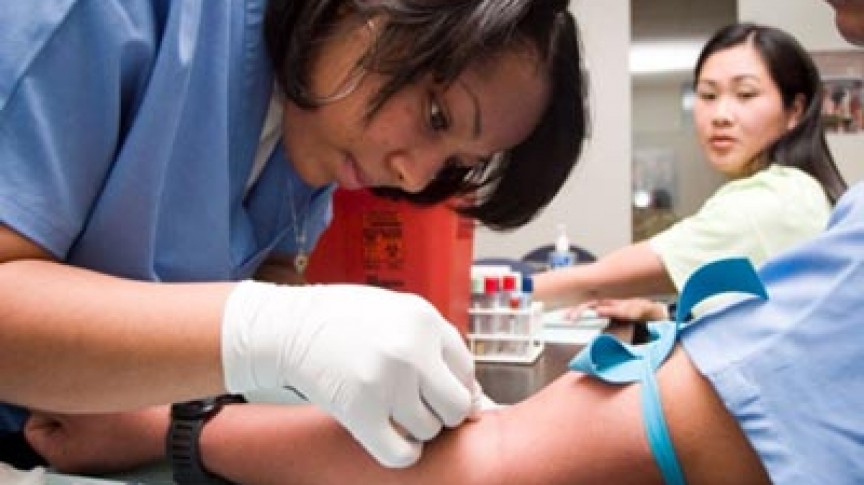Requirements For A Phlebotomist
Being a phlebotomist is a rewarding career that involves drawing blood samples from patients for medical testing, transfusions, donations, or research. However, to become a successful phlebotomist, you need to meet certain requirements and possess specific skills. In this article, we will discuss the essential requirements for becoming a phlebotomist.
Educational Requirements
One of the primary requirements for becoming a phlebotomist is obtaining the necessary education and training. Most employers require phlebotomists to have a high school diploma or GED equivalent. Additionally, you will need to complete a phlebotomy training program, which can range from a few weeks to several months.
Phlebotomy training programs are offered by community colleges, vocational schools, and hospitals. These programs teach students how to collect blood samples, handle specimens, and follow safety protocols. Some programs also include hands-on clinical experience to help students gain practical skills.
Certification Requirements
While certification is not always required to work as a phlebotomist, many employers prefer to hire certified phlebotomists. The most common certification for phlebotomists is the Certified Phlebotomy Technician (CPT) credential, which is offered by organizations such as the American Society for Clinical Pathology (ASCP) and the National Healthcareer Association (NHA).
To become certified, you will need to pass a certification exam that tests your knowledge of phlebotomy practices and procedures. Maintaining certification may also require completing continuing education courses to stay up-to-date on the latest advancements in the field.
Skills and Qualities
In addition to meeting educational and certification requirements, successful phlebotomists possess certain skills and qualities that are essential for the job. Some of these include:
- Attention to detail
- Strong communication skills
- Empathy and compassion
- Good hand-eye coordination
- Ability to work well under pressure
- Knowledge of medical terminology
Phlebotomists must also adhere to strict safety protocols to prevent the spread of infection and ensure the accuracy of blood samples. Following proper procedures and guidelines is crucial to maintaining the health and safety of both patients and phlebotomists.
Advancement Opportunities
While many phlebotomists begin their careers in entry-level positions, there are opportunities for advancement in the field. Some phlebotomists choose to specialize in areas such as pediatric phlebotomy, geriatric phlebotomy, or laboratory management. Others may pursue further education to become medical laboratory technicians or technologists.
Advanced roles in phlebotomy may require additional education, training, and certification, so it is essential to continually seek professional development opportunities to enhance your skills and knowledge.
Conclusion
becoming a phlebotomist requires a combination of education, training, certification, and specific skills. By meeting these requirements and honing your abilities, you can enjoy a fulfilling career in phlebotomy with opportunities for growth and advancement.
Remember to stay informed about the latest developments in the field and seek out opportunities for professional development to enhance your career prospects as a phlebotomist.
*Keywords: phlebotomist, requirements, education, certification, skills, advancement, training*
